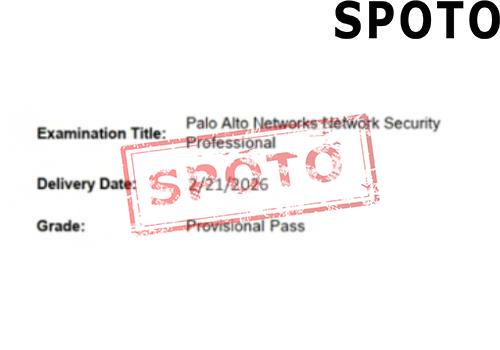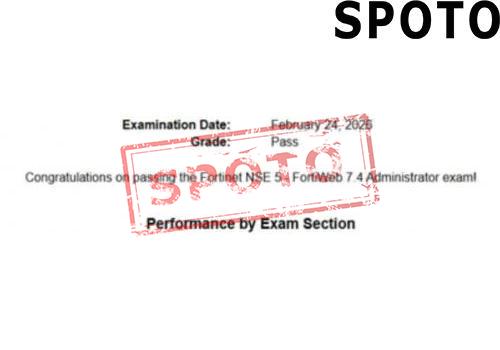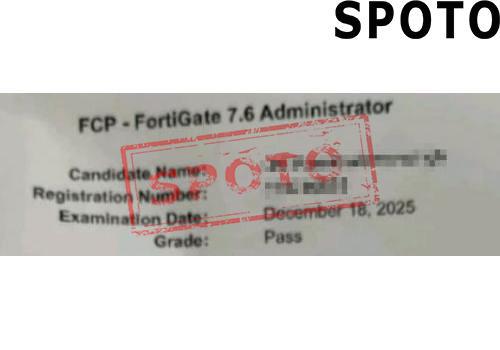
Table of Contents
This article will introduce you to what a Site Reliability Engineer is, the career information of a Site Reliability Engineer, and the necessary conditions to become a Site Reliability Engineer. By reading this article, you will gain an in-depth understanding of the profession of Site Reliability Engineer.
1. What is a Site Reliability Engineer?
Site Reliability Engineer (SRE) is an emerging profession that integrates software engineering and operation and maintenance capabilities. Its core goal is to ensure the reliability, availability, and performance of large-scale distributed systems through automated tools and engineering methods, while supporting rapid business iteration. SRE originated from Google and has now become a core role in ensuring system stability in the Internet, cloud computing and other fields. The core of SRE is to use software engineering thinking to solve operation and maintenance problems. Traditional operation and maintenance focuses more on manual operations and fault response, while SRE automates the operation and maintenance process by writing code and designing tools, reducing manual intervention, improving system stability, and balancing "system reliability" and "business iteration speed." This ensures that the service achieves the promised availability without hindering the rapid release needs of the development team. In summary, the work of a Site Reliability Engineer revolves around "system reliability assurance throughout its life cycle."
2. Responsibilities of a Site Reliability Engineer
The responsibilities of a Site Reliability Engineer include developing quantitative reliability indicators, availability commitments agreed with users and business parties, and the "limit" of system failures allowed within a certain period of time, as a core tool for balancing reliability and iteration speed. Site Reliability Engineers also need to develop automated tools to replace repetitive operation and maintenance work, implement deployment processes with code, write scripts to automatically scale resources, build self-healing tools, lead or participate in infrastructure as code practices, and use tools such as Terraform and Ansible to define and manage servers, networks and other resources to ensure environmental consistency.
In addition, it is also the responsibility of Site Reliability Engineers to build monitoring, alerting and observability, design a full-link monitoring system, configure intelligent alerting strategies, avoid "alert storms"; and ensure that key issues can reach engineers in a timely manner. They predict system resource requirements, plan servers, bandwidth, and other resources in advance to avoid failures caused by insufficient capacity, analyze performance bottlenecks, and improve system throughput and responsiveness through code optimization and architectural adjustments.
They also conduct fault management and post-incident reviews, participate in online emergency response, quickly locate and fix issues, lead fault reviews, write detailed reports, analyze root causes, and develop preventative measures to prevent recurrence. They also promote collaboration between development and operations, collaborate with development teams, embed reliability requirements into the development process, promote the SRE philosophy, and help development teams improve the robustness of system design.
3. How much does a Site Reliability Engineer make?
According to Glassdoor, the typical Google SRE engineer's annual salary is $132K, with a range of $100K to $205K per year. The average total salary for an SRE engineer, including bonuses and additional compensation, is $144K per year. Apple's SRE salary is $138,350, Microsoft's is $129,345, and LinkedIn's is $143,408.
According to Built In data, the average annual salary for SREs in the United States is $128,564, with an average additional cash compensation of $13,712, for an average total compensation of $142,276. Among them, the average annual salary for SREs with less than one year of experience is $111,500, while the average annual salary for SREs with more than seven years of experience is $160,295.
4. What Are the Qualifications to Become a Site Reliability Engineer?
The core prerequisite for becoming an SRE is "software engineering ability + system operation and maintenance knowledge + automation thinking," and through practice, these abilities are transformed into specific solutions to ensure system reliability. To become a site reliability engineer, you need to integrate software engineering ability, system operation and maintenance knowledge, automation thinking, and have a deep understanding of "reliability." The solid technical foundation of SRE's work is the core threshold for entry. They need to be proficient in at least one system-level programming language, have Shell scripting skills for writing simple system automation scripts, understand code logic and engineering practice, be able to read the code of the development team, use engineering methods to solve operation and maintenance problems, and master the above-mentioned various theoretical knowledge.
Furthermore, theoretical knowledge must be combined with practical application. Relevant experience is a key asset in job applications. Internships, junior-level experience, and personal projects that demonstrate the practical application of technical skills can enhance the position's suitability.
SREs frequently collaborate with development and product teams, and soft skills are equally crucial. Being able to clearly explain system reliability issues to the development team or the impact of SLO adjustments to the product team, remaining calm during large-scale outages, and quickly determining priorities and implementing remediation plans are also crucial. Continuous learning in emerging fields such as cloud native and AI operations is also essential for this role.
5. Similar Occupations of Site Reliability Engineer
- DevOps Engineer
- Systems Engineer
- Cloud Engineer
- Platform Engineer
- Incident Manager










